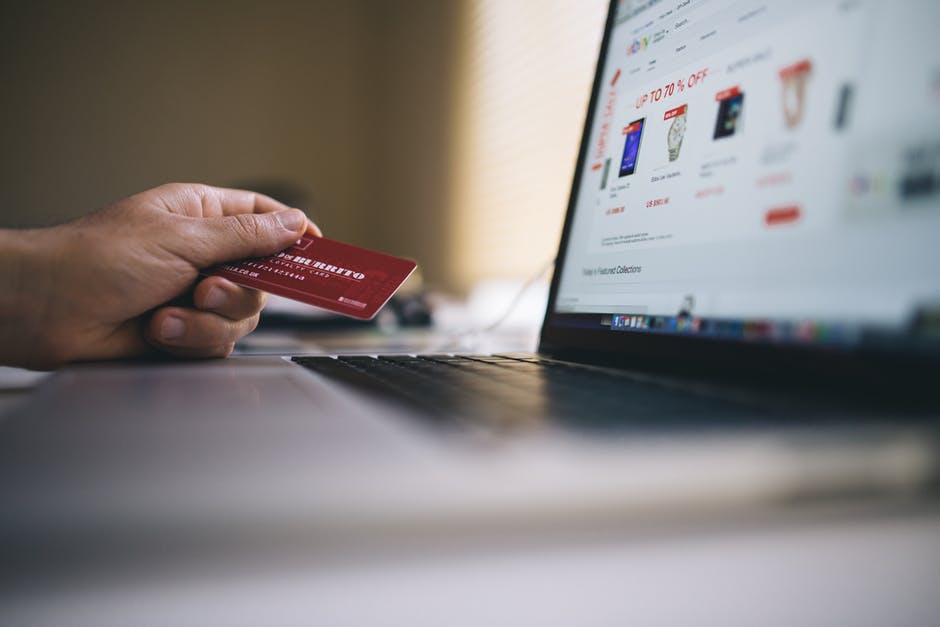In the digital age, where the internet reigns supreme, a website has become a vital business tool for marketing and retail. Keeping such a valuable asset safe is essential, so a few simple tips — from web hosting advice to password choice — will go a long way.
The modern-day business world is more advanced than ever, due to the evolution of modern technology. While the internet has opened up new doors and created opportunities that once seems improbable, it’s also opened the door to cyber attacks. Cyber security is not only something that every company owner should take note of; it’s also essential if you want to maintain a healthy and productive website.
Everyone these days is fully embracing everything the digital age has to offer, but it would be fair to say that many people have little to no knowledge of cyber security practices. If you happen to be amongst this group, then not to worry: you aren’t doomed. Taking on board tips on web hosting providers, monitoring your online activity and other simple tips will be massively beneficial. Here are five to get you started:
- Choose a Strong Password
Sounds simple, doesn’t it? You’d be surprised how many businesses — with valuable data — are protected by terrible passwords. Luckily, setting a new password these days usually requires a combination of, or all of, the following: uppercase letters, lowercase letters, numbers and symbols.
A strong password is an essential part of cyber security, whether it’s business-related or not. If your password is weak enough to be cracked or predictable enough to be guessed, you risk your company’s data and customer information falling into the wrong hands — both of which have the potential to ruin a company for good.
- Good Password Practices
Now that you’ve thought of the ultimate password to keep your site safe, it would be pretty foolish to make yourself vulnerable by ignoring sensible password practices. Being vigilant with password privacy is vital and imploring your employees to do the same is essential. Your password is your password.
So now you have the Fort Knox of passwords, you’re set for life, right? Wrong. Changing it on a regular basis will make it a tough task for anyone looking to keep a record of your current password. As a business owner, you’re bound to have a few different accounts to your name (social media, website hosting, etc.) and you shouldn’t use the same password for all of them. Doing so will give someone a skeleton key into all your accounts if your master password is somehow found out.
- Speak to Your Web Hosting Provider
If you have a business website, you will have purchased web hosting by now. If you have concerns your site’s cyber security, your web hosting provider should be where you direct your questions. Despite being a web-based company, real people are running web hosting companies, which is why customer service is so important when it comes to cyber security.
Having a clear idea of how your web hosting service protects your website not only gives you peace of mind, knowing that it’s in safe hands. It also provides you with the knowledge to sort out basic issues, so that you can handle it quickly and efficiently. If your web hosting provider is difficult to contact or you’re unhappy with the service they’re providing, it’s time for a change of web hosting provider.
- Be Smart With Your Smart Phone
In 2016, statistics showed that mobile internet had overtaken desktop as people’s primary source of online access. It’s an unsurprising fact when you consider the amount of time that’s spent on social media, eCommerce and blogs — all while on the move. Mobile internet is a fantastic tool for the generation who need online access anywhere, at any time, but it also has the potential to be a cyber security risk.
If you use your smartphone to access your website or other accounts, there’s a good chance you will have stored your login details by clicking ‘remember me’ or ‘keep me logged in’. If you have and your phone is misplaced or stolen, then your business information/website is vulnerable. Logging in each time may be tedious, but giving hackers or wrongdoers the key to the front door is a whole load worse.
- Prepare for Cyber Attacks
It’s an unfortunate fact that you won’t be able to protect your website from each and every cyber attack. So with that in mind, as well protecting your site from attacks, you need a plan in place for any breaches. Doing so will give you the best possible chance of a quicker recovery and minimal damage or losses in the process.
If you find yourself in the midst of a cyber security nightmare, contacting your website hosting company should be a top priority. A team of experts will be the perfect allies to go to for advice and assistance. Swift, efficient action will ensure that your company doesn’t suffer the effects of extended downtime. In addition, always having a recent backup of your site’s data will be essential for recovery.
Every hero has to have a villain. In the digital age, where modern technology and the internet are so influential, hackers and cyber attacks provide an unwelcome and inevitable hindrance. The tips mentioned above are simple, yet effective, and can be a genuine life-saver to prevent or bounce back from cyber security issues.




